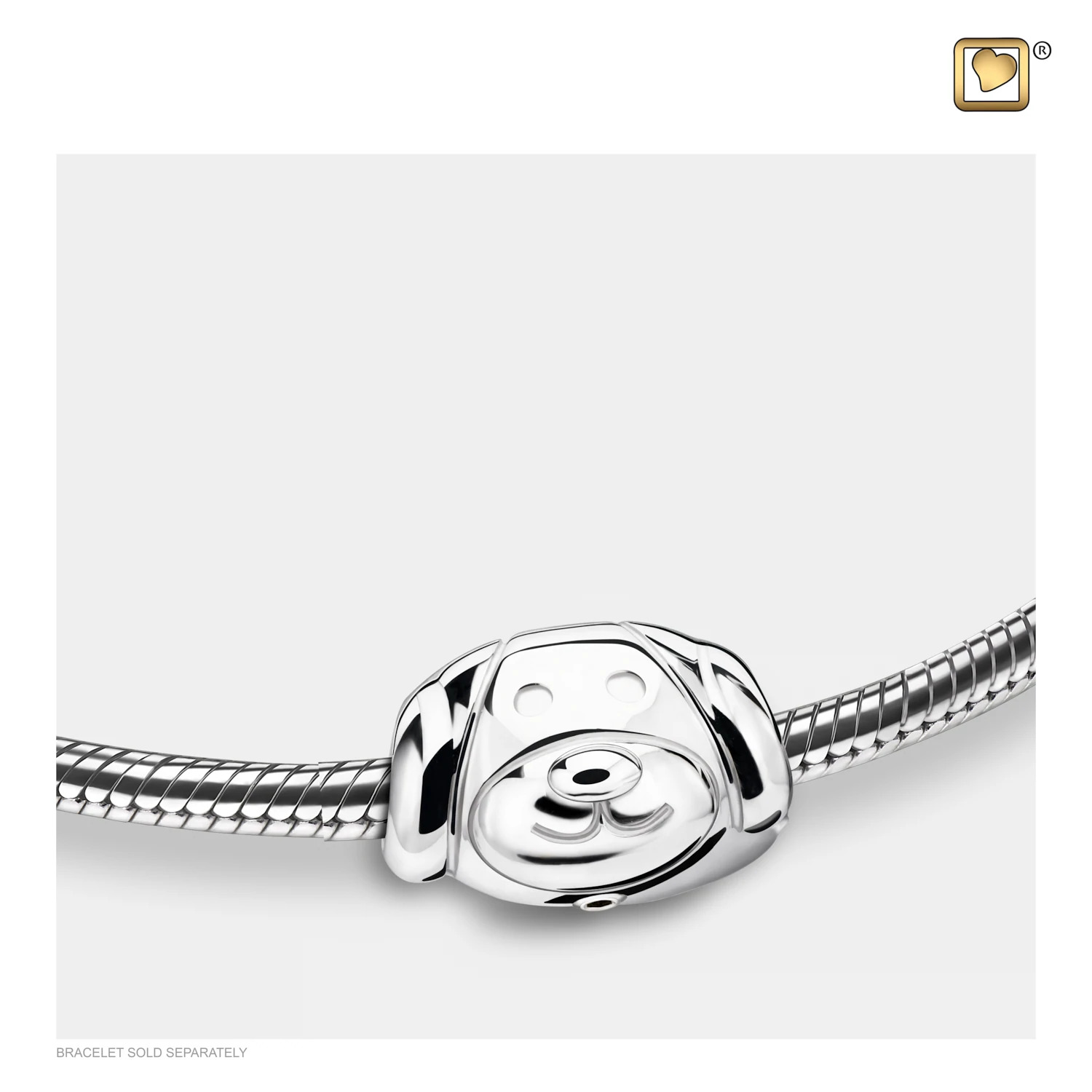Pets quickly become one of the most loved members of the family, so when they pass away, we mourn their loss as if it is a human loss. There may be additional guilt linked with losing a pet because we are responsible for its well being.
Allowing yourself time to grieve the loss of a pet is critical for your mental health. While some may try to minimize your grief by reducing your loss, it’s critical to ignore the negative and give yourself time to process your loss.
Young children and the elderly are especially vulnerable to the loss of a pet since they have a stronger emotional relationship with the animal. If you’re having trouble coming to terms with the loss of a pet, keep reading to learn more about grief and how to deal with it.
Tips for Coping With a Pet Loss
Losing a pet is undoubtedly one of the most painful experiences a person can go through. Pets become a very intimate and emotive aspect of a person’s life over time, and in many cases, almost instantly. They’ve been friends forever, and they’re always close and affectionate. The bond between a person and their pet is always strong, and this is due to the pet’s selflessness and loyalty towards its owners.
So, what do we do to move forward after we’ve lost a pet?
Allowing Yourself to Grieve is Important
When you’re not ready, no one has the right to advise you to “move on” or “get over it.” You have the right to express yourself without being judged. Allow yourself to express your sadness, frustration, and anger. It’s also fine to find peace whenever, wherever you can.
Reach Out to Others Who Have Experienced Pet Loss
Anyone who has experienced the loss of a pet will understand your pain. They may have their own specific coping strategies because they understand the healing process and help you better.
Make a Pet Memorial

A memorial service for your pet can be just what you’re looking for. There are many unique ways to memorialize your pet, celebrate their life, and leave a lasting legacy after their death. To encourage pleasant memories, memorialize your pet with pet cremation urn, statue, or pet cremation jewelry, or make a charitable donation in their honor.
Spend Time With Other Pets
When a partner passes away, pets may feel empty or stressed, especially if they witness their owner grieving. Spend more time with them, playing games and showing affection.
Look after yourself
Sadness can sap your energy and leave you mentally and physically exhausted, so look after your physical and emotional needs. Maintain a nutritious diet, get enough sleep, and exercise on a regular basis to improve your mood.
Talk to Your Family Members
If you have pet-loving relatives or friends, they will understand. Don’t try to appear tough by hiding your emotions. One of the most effective methods to put your feelings in perspective and find solutions to deal with the situation is to talk about it. Find a family member with whom you can talk about how much the pet meant to you and how much you miss it—someone with whom you may feel comfortable crying and grieving.
Remember
Grief, sadness, and pain are all-natural, anticipated, and genuine human reactions to the death of a pet. Do not be embarrassed or overly emotional. Feel like it’s an honor to have had such a great relationship with your pet, and it disheartens seeing them leave.

